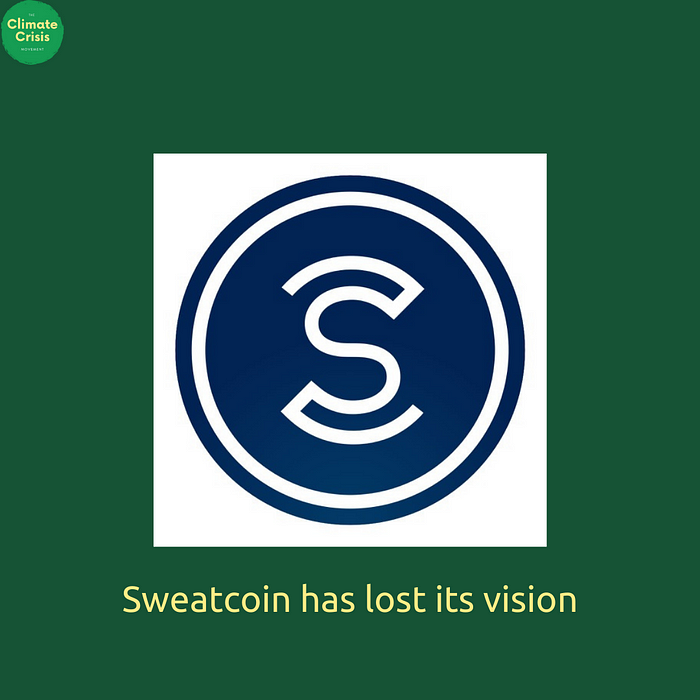Anyone remember Sweatcoin? The app that we promoted a while ago back when it promised rewards through their virtual coinage system which uses “sweatcoins” earned by walking? Yeah, it has gone rogue.

When it was first founded in 2014, the company Sweatcoin had one interesting and challenging goal in mind: to bring about a way that would incentivize people to be active by converting the steps they make throughout the day into real products and services. Some of its biggest rewards a few years ago included $1000 for 20.000 Sweatcoins (or about 4–5 years’ worth of everyday walking) as well as airplane tickets and TVs.
Now, however, the app is full of free trials which you can sign up for without any of the fuss of going through Sweatcoin’s system. The biggest prizes are now gone or replaced with simple products that only premium users can access. To get into the premium program, one must pay about $7.5 a month defeating the whole ‘walk to earn’ principle on which the company’s vision rested in its early days.
So how does Sweatcoin earn its profits besides the obvious premium subscription? The enterprise has a contract for promoting the products of other companies, kind of like a referral system. However, unlike influencers or the regular user who’d just share their personalized link with their friends, Sweatcoin creates the illusion that you can be active and exchange the points earned for things of actual value.
This shift from promising a crypto-like system that would revolutionize walking by integrating it into our economic systems to an advertisement-filled ‘premium’ app denotes a drastic change from their original selfless goals into a profit-only company.
What is your experience with Sweatcoin? Personally, we are deeply disappointed with the devolution of this project.
Comments
Post a Comment